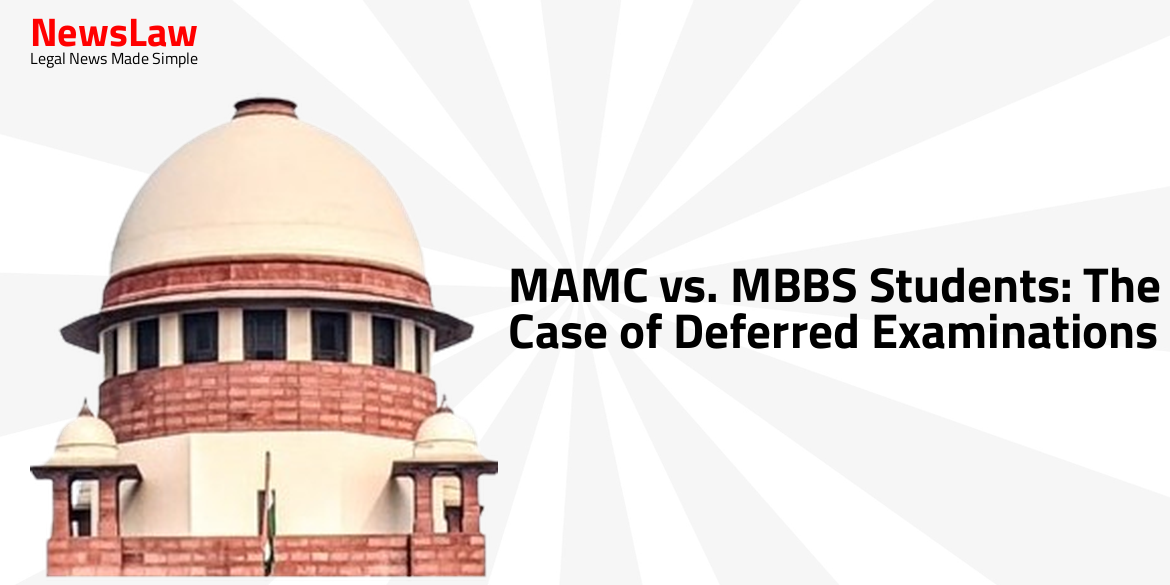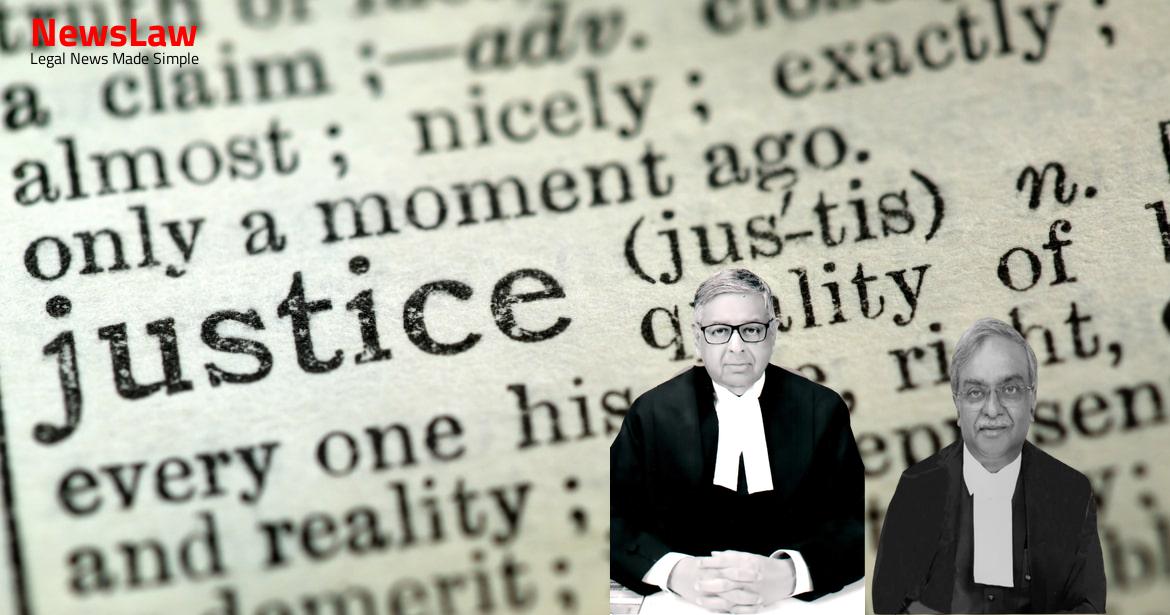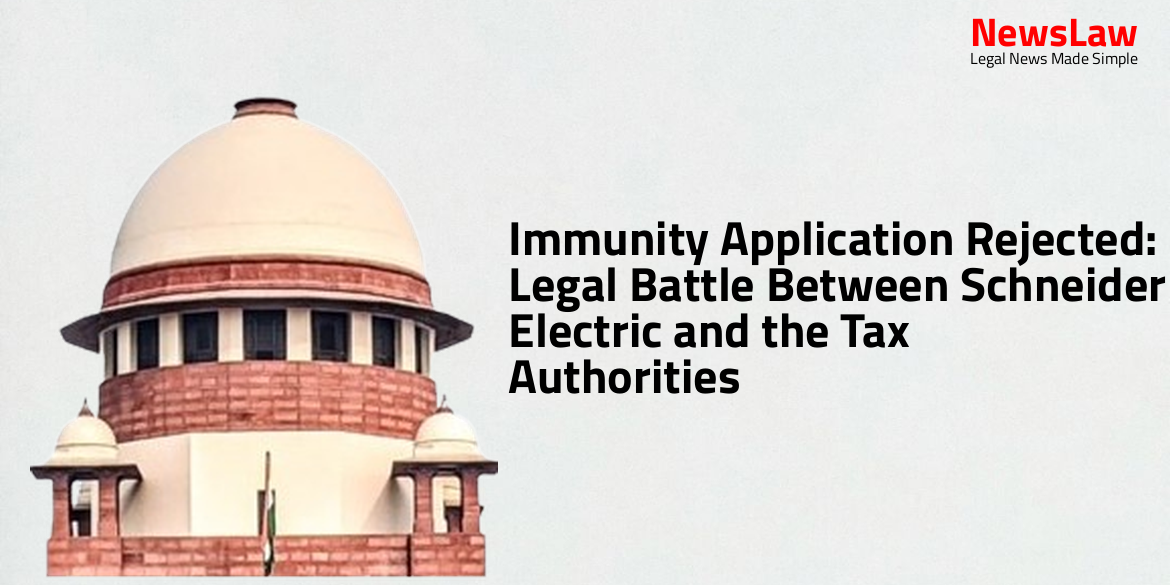Delhi High Court’s decision on the case between Maulana Azad Medical College (MAMC) and the MBBS students who challenged the deferred examinations is crucial in the realm of medical education. The students, aiming to undertake the 3 Professional Part II MBBS Examination sooner, faced a legal battle with the college. The ruling sheds light on the complexities of training completion requirements and examination schedules in the medical field, impacting future healthcare professionals’ paths. #MAMC #MBBS #DelhiHighCourt #MedicalEducation
Facts
- The petitioners, who are MBBS students at Maulana Azad Medical College, challenge a letter from MAMC that defers their 3 Professional Part II MBBS Examination to April 2025.
- The training process for MBBS students is divided into three phases: Phase I, Phase II, and Phase III.
- After clearing the second professional examination, candidates enter Phase III of training.
- Failure in exams allows for re-admission with certain conditions as per the GME Regulations.
- Each phase of training includes specific subjects and examinations to be undertaken.
- The Phase III training is further divided into Part I and Part II, each consisting of one year.
- The examination scheme includes a detailed time distribution for various subjects and teaching methods.
- Re-admission procedures are outlined in Regulations 7 and 8.
- The overall MBBS course duration is 4.5 years followed by a one-year internship.
- The petitioners seek for their examination to be conducted during the current academic year instead of the deferred date.
- Petitioners were permitted to appear in court but were informed they could not claim any equities.
- Court allowed petitioners to participate due to pending decision on the merits of their case.
- Purpose of permission was to ensure decision would not be rendered fruitless if in petitioners’ favor.
Issue
- The issue in controversy is whether the petitioners were entitled to undertake their 3 Professional Part II MBBS Examination on 11 March 2024
- Determining whether the court can direct the DU to hold the examination for the petitioners during the current academic year instead of waiting until 15 April 2025
Arguments
- Petitioner’s argument is that they have completed all necessary training and cleared all previous examinations, thus they should be allowed to undertake the 3 Professional Part II MBBS Examination.
- The impugned letter deferred the petitioners’ right to attempt the 3 Professional Part II examination till 15 April 2025, despite them clearing the 3 Professional Part I Examination in December 2023.
- Petitioners highlight the absence of any rule stipulating a time gap between clearing the 3 Professional Part I MBBS Examination and undertaking the 3 Professional Part II MBBS Examination.
- The petitioners argue that the number of weeks of clinical posting suggested in Regulation 8 of the GME Regulations is not binding on the College, thus they should be allowed to appear for the 3 Professional Part II Examination.
- It is contended that as each petitioner has completed the requisite training and cleared previous exams, they are entitled to attempt the 3 Professional Part II Examination.
- The petitioners urge that there is no justification for deferring their 3 Professional Part II Examination until April 2025 when they are ready to undertake it now.
- Mr. Duggal, representing the petitioners, maintains that the completion of necessary training and clearing of previous exams makes the petitioners eligible for the 3 Professional Part II Examination they were scheduled to undertake on 11 March 2024.
- In addition, petitioners seek to be allowed to appear in the 3 Professional Part II Supplementary Examinations that started on 21 May 2024 as an alternative request.
- The petitioners argue that completion of Phase I, Phase II, and Parts I and II of Phase III training qualifies them to undertake the 3 Professional Part II Examination.
- Ultimately, the petitioners claim that the reasoning provided for deferring their examination by over a year is not legally justifiable.
- Mr. Duggal argues that if Mr. Singhdev’s submission is accepted, the petitioners would waste a year of their career by not being able to take their examination.
- The petitioners have been issued training completion certificates but are unable to take their exams due to a decision dated 7 March 2024.
- The petitioners were not allowed to appear in their exams scheduled for May 2024 due to the impugned decision.
- The petitioners have been treated as having completed the requisite training by MAMC and have been issued training completion certificates.
- Mr. Duggal argues that since they have been issued training completion certificates, it cannot be said that the petitioners have yet to complete the requisite training.
Analysis
- The Medical Council of India has the authority to direct the discharge of students who obtained admission after the last date for closure of admission.
- Medical qualifications obtained by such students may not be recognized under the Indian Medical Council Act, 1956.
- The MBBS course at DU is structured into 4 ½ academic years divided into 9 semesters and one year of Internship Training.
- Petitioner 1 and Petitioner 2 have not completed the requisite weeks of training/clinical posting for Phase III Part II of the MBBS programme.
- Regulations do not permit Phase II and Phase III trainings to be undertaken concurrently.
- Use of the word ‘suggested’ in Regulation 8 of the GME Regulations regarding clinical postings is viewed as significant.
- The petitioners have not put in the required number of weeks of clinical posting before certain examinations.
- The completion of specific training periods and examinations is necessary for eligibility to attempt the 3 Professional Part II MBBS Examination.
- There is no overlapping of clinical postings in any semester as per the regulations.
- Undertaking the stipulated number of weeks of clinical posting is mandatory and non-negotiable in medical education.
- An ill-trained medical practitioner can cause significant harm to society.
- Practical training is vital in medical education as doctors will be responsible for taking care of citizens.
- Quality medical education is crucial for public health and cannot be compromised.
- Petitioners cannot refuse weeks of clinical posting as it is a statutory requirement.
- Clock cannot be turned back or time reversed.
- Training completion certificates for Petitioners 1 and 2 should not have been issued without completing required clinical postings.
- Court is not invalidating the training completion certificates despite the issue.
Decision
- Petitioner 3’s deficit in training for 4 ½ years results in dismissal of the writ petition.
- Petitioners 1 and 2 must complete remaining weeks of clinical posting by 1 April 2025.
- Upon completion of training, Petitioners 1 and 2 can undertake the 3 Professional Part-II MBBS Examination in April 2025.
- MAMC and DU will coordinate to schedule the remaining weeks of clinical posting for Petitioners 1 and 2 in the next year.
Case Title: SAMIKSHA CHAUDHARY & ORS. Vs. MAULANA AZAD MEDICAL COLLEGE & ANR. (2024:DHC:4284)
Case Number: W.P.(C)-4016/2024



